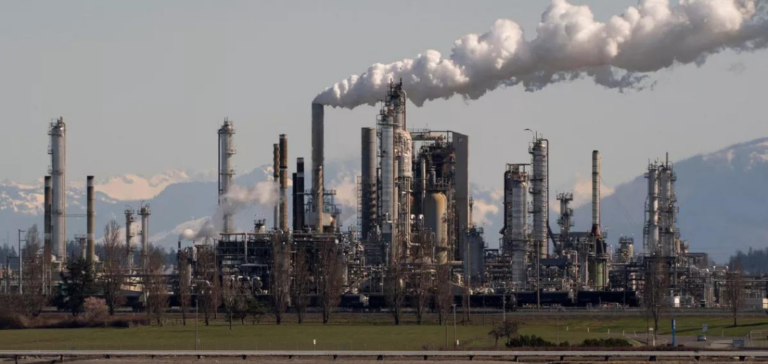Faced with a changing operating environment, Lukoil is reassessing its strategy in Bulgaria. The company is considering divesting its assets in Bulgaria, including its major refinery, in response to political and economic changes in the region.
Bulgaria-Russia Relations and Energy Dependence
Historically close to Moscow, Bulgaria is seeking to reduce its dependence on Russian gas and oil. This move comes against a backdrop of heightened tensions since the start of the war in Ukraine, and Bulgaria’s increasing alignment with the policies of the European Union and NATO.
Exemption from the Russian Crude Oil Embargo
Bulgaria currently benefits from an exemption from the EU embargo on Russian oil, allowing Lukoil to supply oil to the country and export petroleum products. However, this derogation is due to expire in March, following a proposal by the Bulgarian Parliament.
Tax on Lukoil Profits
The Bulgarian government recently imposed a 60% tax on Lukoil’s profits, a measure the company describes as “discriminatory”. Loukoïl claims not to be subject to European sanctions and that he is the victim of biased political decisions.
Impact of the Situation on Loukoïl
With its refinery in Bourgas and an extensive network of depots and service stations, Lukoil has long enjoyed a dominant position in Bulgaria. The company expresses its dissatisfaction with the current political situation, which it considers detrimental to its operations.
Consequences for Bulgaria
Bulgaria, already deprived of Russian gas, could face difficulties in obtaining crude supplies once the exemption is over. Experts point to the lack of adequate port infrastructure and potential logistical challenges.
Lukoil’s decision to reconsider its presence in Bulgaria highlights the geopolitical and economic challenges facing energy companies in a context of international tensions and political change.





















